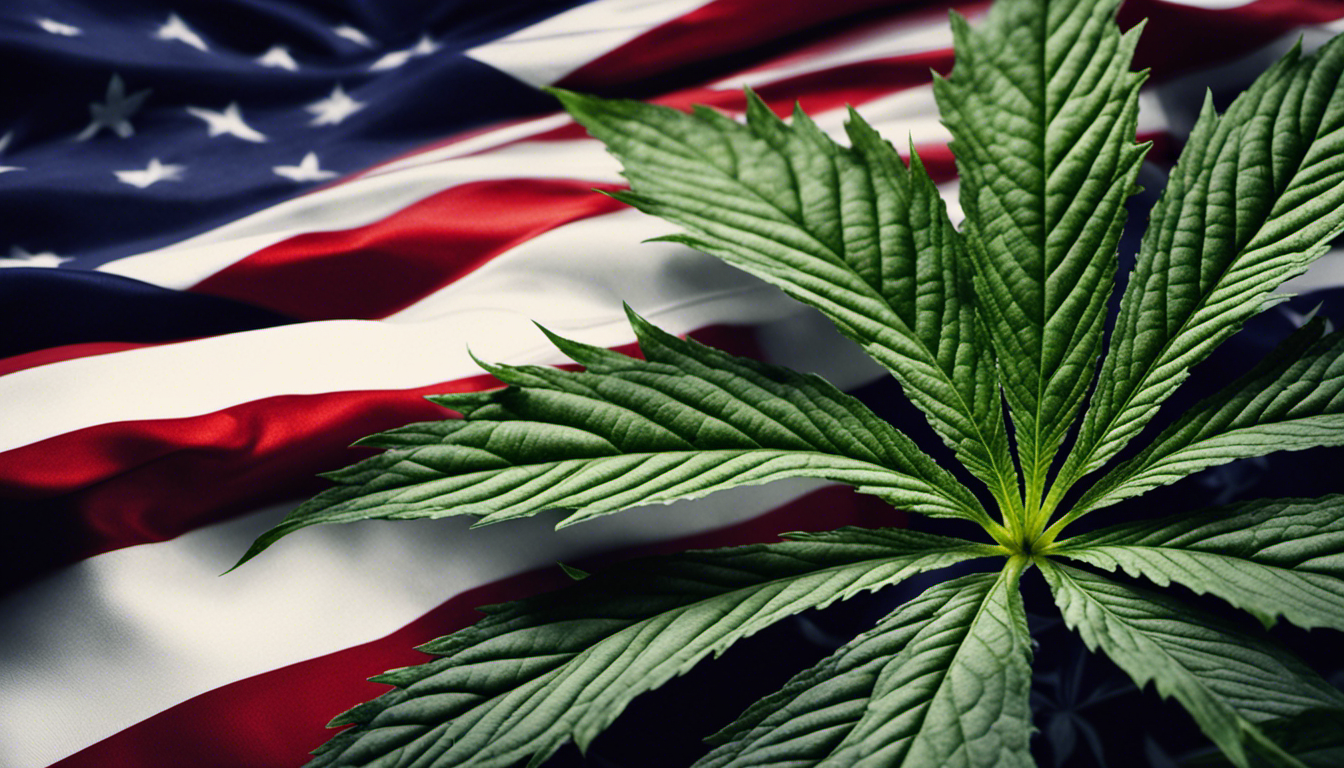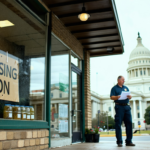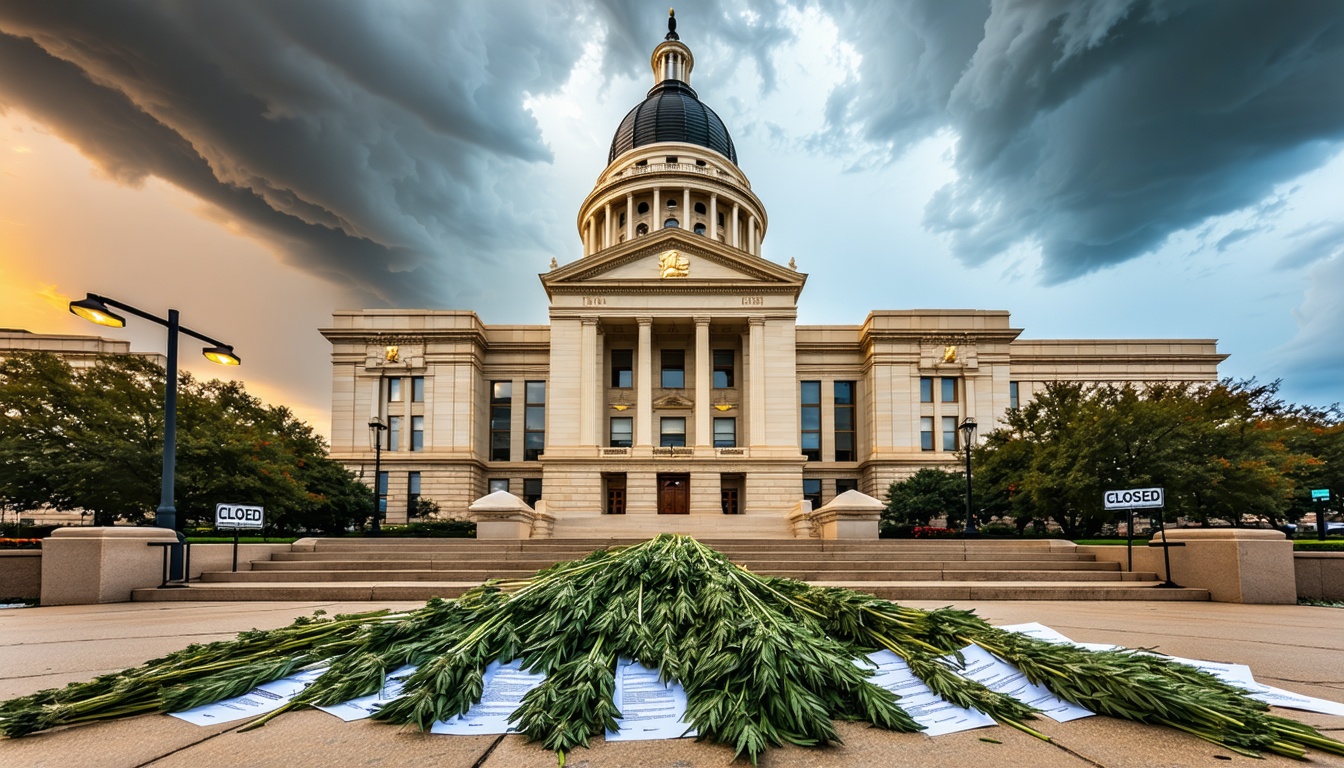As President-elect Donald Trump prepares to take office, the future of marijuana policy in the United States remains uncertain. Trump has expressed support for legalizing recreational marijuana use and has hinted that he may carry forward some of the Biden administration’s policies on the issue.
In his first term, Trump did not take a strong stance on cannabis reform, but his recent statement aligning himself with the Biden administration and his election opponent, Vice President Harris, suggests a shift in his perspective. Trump has also expressed support for legalizing the recreational use of marijuana and has suggested that he will work with Congress to pass common-sense laws, including safe banking for state-authorized companies.
The Biden administration had proposed removing marijuana from the list of Schedule I controlled substances and making it a Schedule III drug, a category that acknowledges medical benefits. This move would have boosted medical research into cannabis and opened up new markets for the industry.
Despite the uncertainty surrounding Trump’s stance on marijuana, some advocates are optimistic that he will continue to support cannabis reform. David Culver, senior vice president of public affairs for the U.S. Cannabis Council, a lobbying group, believes that Trump’s administration will take a similar approach to cannabis as the Biden administration.
“We didn’t see a lot of activity from President Trump, if any at all, on cannabis reform” in his first term, Culver says. “But I think this time is going to be different.”
Culver notes that Trump’s perspective on cannabis seems to center on public safety and creating a regulated market, while keeping cannabis away from kids. He also suggests that the federal government may form a regulatory structure that leaves “the bulk of the regulations to the states, just like we do with beverage alcohol.”
The cannabis industry has seen significant growth in recent years, with 24 states plus the District of Columbia having legal recreational pot laws on the books. However, opponents of cannabis legalization continue to raise concerns about potential health risks and accuse cannabis companies of profiteering.
Despite these challenges, advocates remain hopeful that Trump’s administration will continue to support cannabis reform. As Culver notes, “I don’t think there’s ever been one company that’s put in this much money for one ballot measure in all of American history” – a reference to the significant investment made by Trulieve, a medical marijuana company, in Florida’s Amendment 3.
Ultimately, the future of marijuana policy in the United States will depend on the priorities of the Trump administration and the efforts of advocates and opponents alike.












